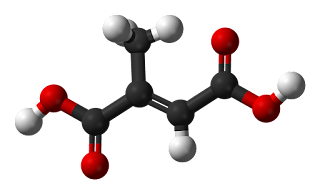Citric acid (C6H8O7) is a weak organic tricarboxylic acid found in citrus fruits. This organic acid is derived from the Latin word citrus and synthesized by the biochemical reaction in living cell via the Krebs cycle.
It is one of the most important commercially value-added products and its application in food processing industry.
Citric acid is a good preservative and acidic in taste. Citric acid can be easily manufacture and easily soluble. It is used in flavoring agent and increases stability of the fruit.
The acid is an acidulant, preservative, emulsifier, flavorant, sequestrant and buffering agent widely used across many industries especially in food, beverage, pharmaceutical, nutraceutical and cosmetic products.
In beverages (wines/juices/soft drinks/syrups) citric acid main function as an acidulant, used in carbonated and noncarbonated beverages for flavoring and buffering, used in dry powder beverages for flavor and pH control.
Applications of citric acid
What makes soft drinks so noteworthy is that, despite not being essential, their consumption continues to rise. They are entirely human inventions—both as a product and as a market. In fact, soft drinks were among the first branded goods to achieve truly global reach.
The Most Popular Posts
-
Most sweet drinks, including diet soft drinks, contain orthophosphoric, carbonic and citric acids; malic, tartaric and other organic acids m...
-
Charles George Guth (June 3, 1877 – May 24, 1948) was an American businessman. Guth apparently had spent most of his life prior to th...
-
Soft drinks rely heavily on colorings to create an appealing appearance, significantly influencing consumer preferences. The color of a drin...
-
Birch beer, a distinctive beverage with a rich history, traces its origins to North America. Native American tribes were the first to recogn...
-
Soft drinks have become an integral part of modern diets, with three main areas of nutritional focus driving their formulation: energy deliv...
